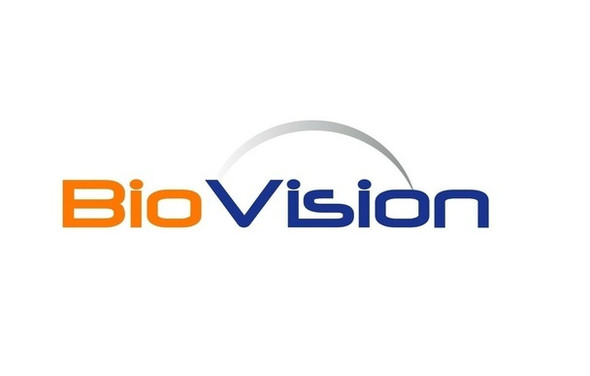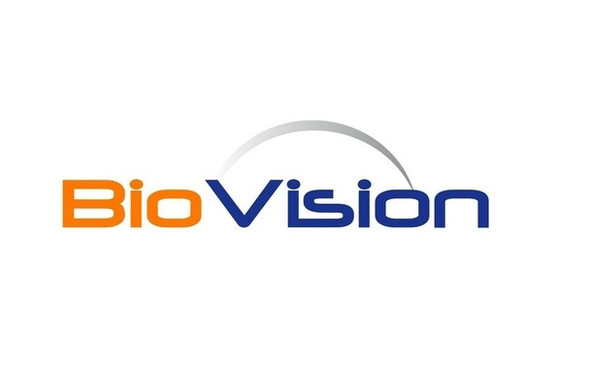Biovision
Human CellExp™ Acetylcholinesterase / AChE, Human Recombinant
- SKU:
- 26-P1475
- Availability:
- Usually Shipped in 5 Working Days
- Storage Temperature:
- -20°C
- Shipping Conditions:
- Gel Pack
- Shelf Life:
- 12 months
Description
Biomolecule/Target: N/A
Synonyms: Acetylcholinesterase (EC:3.1.1.7), AChE
Alternates names: Acetylcholinesterase (EC:3.1.1.7), AChE
Taglines: N/A
Taglines: USA
Country of Animal Origin: USA
NCBI Gene ID #.: 43
NCBI Gene Symbol: ACHE
Gene Source: Human
Accession #: P22303
Recombinant: True
Source: HEK 293 cells
Purity by SDS-PAGE #: >95%
Assay: N/A
Purity: N/A
Assay #2: N/A
Endotoxin Level: N/A
Activity (Specifications/test method): The specific activity is > 500 U/mg. Specific activity was tested using BioVision’s Acetylcholinesterase Inhibitor Screening Kit (Catalog# K197).
Biological activity: N/A
Results: N/A
Binding Capacity: N/A
Unit Definition: One unit of active human Acetylcholinesterase is defined as the amount of enzyme that generates 1.0 µmol of substrate per min under the assay conditions at 37 ºC.
Molecular Weight: ~70 kDa (C terminal 6×His tag)
Concentration: N/A
Appearance: Lyophilized powder
Physical form description: Lyophilized
Reconstitution Instructions: Centrifuge the vial prior to opening. Reconstitute in sterile PBS (pH 7.4). Do not vortex.
Background Information: Acetylcholinesterase (AChE) is the major enzyme that hydrolyzes acetylcholine, a key neurotransmitter for synaptic transmission, into acetic acid and choline in both central and peripheral nervous systems. Mild inhibition of AChE has been shown to have therapeutic relevance in Alzheimer's disease (AD), myasthenia gravis, and glaucoma among others. In contrast, strong inhibition of AChE can lead to cholinergic poisoning. An irregular expression of AChE has also been found in different types of tumors, suggesting the involvement of AChE in the regulation of tumor development. Therefore AChE inhibitors could potentially be used in cancer treatment in future.
Amino acid sequence: Glu 32 – Leu 614
Handling: Centrifuge the vial prior to opening.
Usage: For Research Use Only! Not to be used in humans






